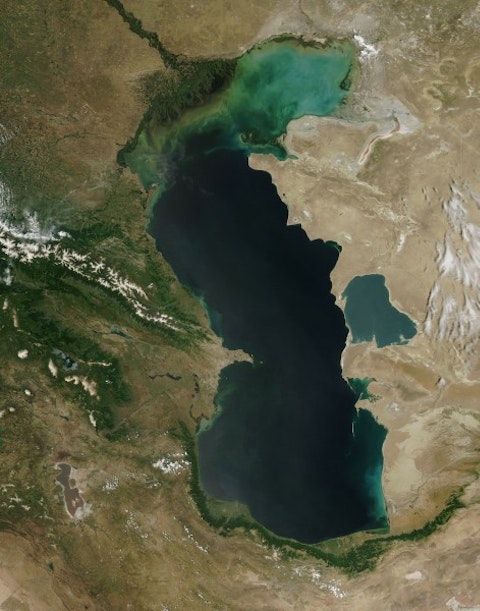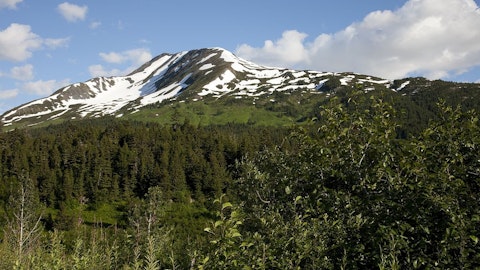Wondering which are the largest lakes in the world? Needless to say, water is essential to our existence on Earth. Sometimes referred to as “the big blue marble”, our planet is widely known for its impressive volume of water. But, if you take a closer look, almost all of it (97%) is salt water, distributed all over oceans and seas. Moreover, the tiny fraction of remaining fresh water is mostly frozen: polar ice caps and glaciers. So, once you’ve analysed the situation in detail, it is evident that lakes are of crucial importance to our subsistence.
However, lakes are not only valuable as water sources for industrial, agricultural, or household use; they are also a great source of hydroelectric power generation and support part of the fishing industry. Just like other bodies of water (you should definitely check out our list of The 15 Largest Bodies of Water in the World), they help maintain the natural balance of the environment and are great destinations for tourism and recreational activities or sports.
But compiling our list is not as simple a task as you may think: defining ‘large’ is actually rather tricky. There are different scientific perspectives on this topic; in fact, you could take into account volume, surface area, or even both. The main criterion we have chosen is the lakes’ surface in square kilometers. Naturally, when depth and volume happen to be distinctive features of the lake, we will also highlight them.
Now, let’s take a look at the largest lakes in the world:
10. Great Slave Lake

Also known by its French name, Le Grand Lac des Esclaves is a Canadian lake that has nothing to do with slavery. It is actually named after the First Nations aboriginal people of Slave, also known as Slavey, the early inhabitants of the region.
9. Lake Malawi
Otherwise known as Lake Nyasa, it is the ninth largest lake in the world. Located between Tanzania, Malawi and Mozambique its surface is 30,044 km2.
8. Lake Baikal
This Russian lake is Earth’s largest lake in volume; it contains around 20% of the unfrozen freshwater in our planet. Located in distant Siberia, its surface is of 30,500 km2.
7. Great Bear Lake
Named after the first inhabitants of its shores who called themselves ‘grizzly bear water people’, it is the largest entirely-Canadian lake, with a surface area of 31,328 km2.
6. Lake Tanganyika
Another African beauty is Lake Tanganyika of 32,900 km2. It is divided among four countries: Tanzania, Congo, Burundi, and Zambia.
5. Lake Michigan
Just like its Great Lakes brothers, Lake Michigan is a large lake shared between Canada and the US, and has a surface of 57,800 km2.
Lake Huron

Sometimes regarded together with Lake Michigan as a single lake (Lake Michigan-Huron), Lake Huron is another of the Great Lakes of North America.
Keep reading to find out which are the three largest lakes in the world.
Lake Victoria
There’s more to Africa than endless deserts. Named after Queen Victoria, it is part of Tanzania, Uganda, and Kenya. 68,800 km2 makes it the largest in Africa.
Lake Superior
Lake Superior is the largest of the Great Lakes of North America. With a surface of 82,100 km2, it is half-American and half-Canadian. Minnesota and Ontario are the proud homes of the largest inland body of fresh water on earth.
Caspian Sea

This Asian lake is Earth’s largest inland body of water. But, this 371,000 km2 pond is quite unique: it is an oceanic lake. Surrounded by Azerbaijan, Russia, Kazakhstan, Turkmenistan, and Iran, the water giant’s salinity resulted in its ancient inhabitants regarding it as a sea (hence its name.) Scientists are deeply concerned about its future: pollution and global warming are real threats. And, considering the recent news on the Aral Sea’s drought and shrinkage, we should be more environmentally conscious and take good care of Earth’s lakes.








